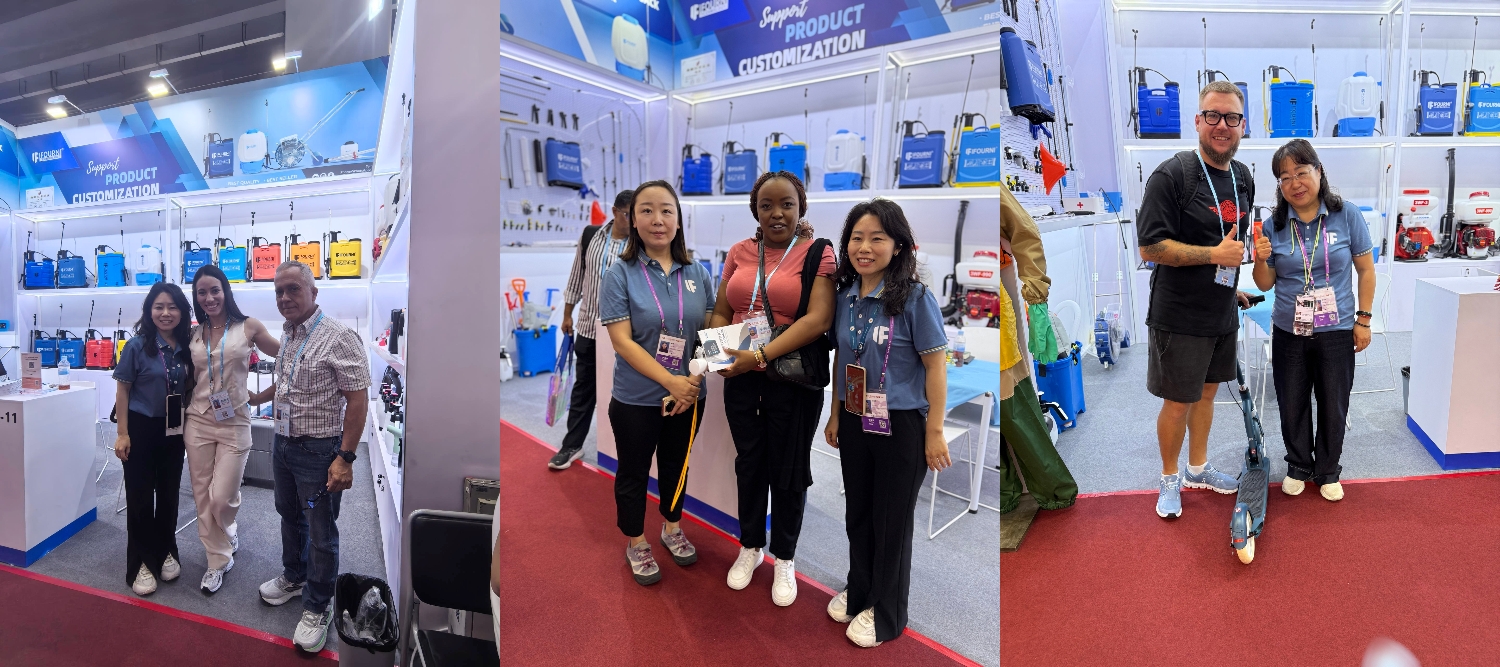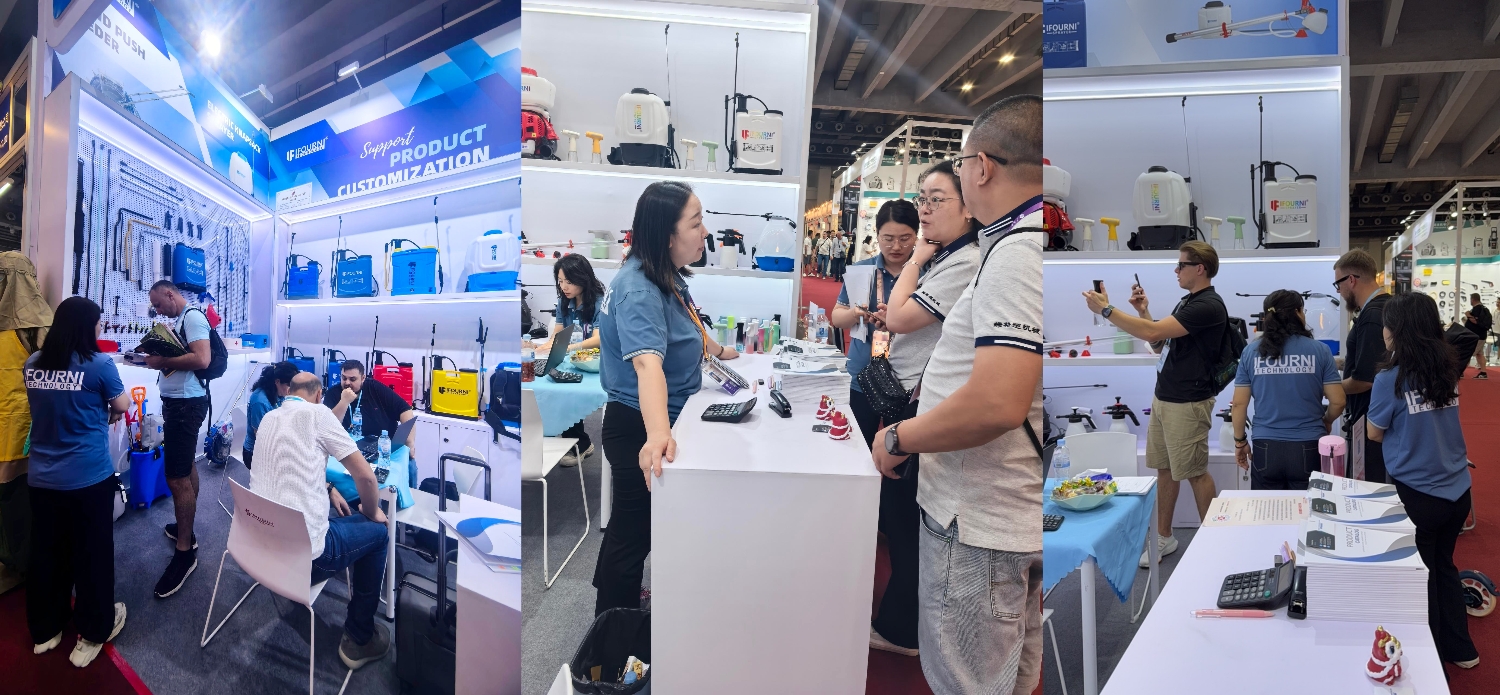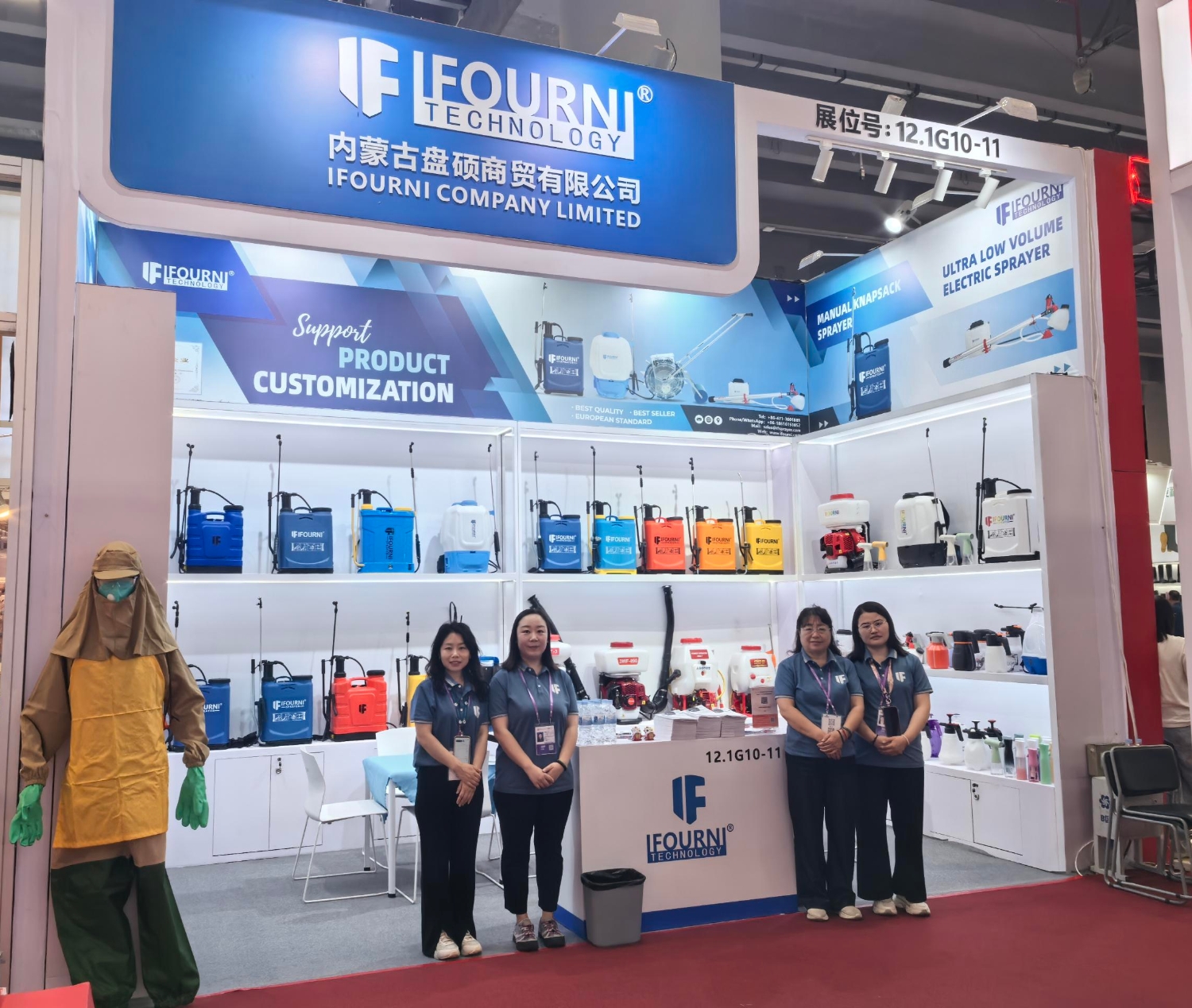 ABOUT US
CONTACT
ABOUT US
CONTACT
The 138th Canton Fair officially commenced on October 15, featuring IFOURNI's impressive exhibition of product series.
At this year's event, we are not only displaying our classic best-selling products but also proudly introducing multiple newly upgraded items.
On the very first day, IFOURNI's booth attracted numerous new and existing buyers, engaging in in-depth discussions with our professional sales team who provided detailed presentations to fully demonstrate product strengths.
Throughout the remaining exhibition period, we will maintain our optimal readiness to warmly welcome global buyers, looking forward to establishing deeper partnerships through this international platform.



